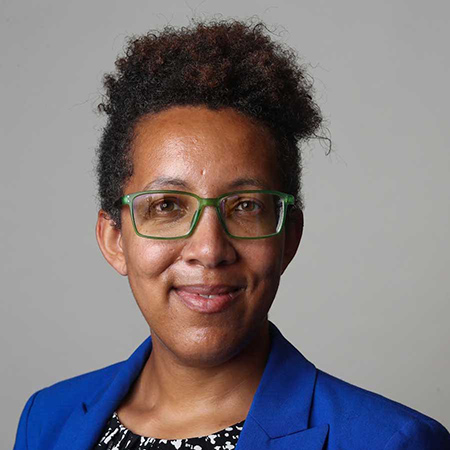
Talks on innovations in Robotics, Vision, and Control
151-0652-00 MaP Robotics, Vision, and Controls Talks
Welcome to the MaP Robotics, Vision, and Controls Talks series hosted by ETH Zürich. These open talks focus on innovations in robotics, computer vision, and control systems, and are held in a hybrid format at ETH Zürich’s main campus.
About the Series
Schedule:
- Fridays at 16:00 CET in ETH HG E 41 (in-person) or via Zoom
- The lecture starts at 16:15
- Location:
- Join via Zoom
Next Talk

TBD
Speaker: TBD
Affiliation: TBD
Date: February 20, 2026
Time & Location: 16:00 CET; ETH HG G5
All Upcoming Talks

TBD
Speaker: TBD
Affiliation: TBD
Date: February 20, 2026
Time & Location: 16:00 CET; ETH HG G5

TBD
Speaker: TBD
Affiliation: TBD
Date: March 06, 2026
Time & Location: 16:00 CET; ETH HG G5

TBD
Speaker: TBD
Affiliation: TBD
Date: March 20, 2026
Time & Location: 16:00 CET; ETH HG G5

TBD
Speaker: Kris Dorsey
Affiliation: Northeastern University
Date: March 27, 2026
Time & Location: 16:00 CET; ETH HG G5

TBD
Speaker: TBD
Affiliation: TBD
Date: April 17, 2026
Time & Location: 16:00 CET; ETH HG G5

TBD
Speaker: TBD
Affiliation: TBD
Date: May 08, 2026
Time & Location: 16:00 CET; ETH HG G5

TBD
Speaker: TBD
Affiliation: TBD
Date: May 22, 2026
Time & Location: 16:00 CET; ETH HG G5

TBD
Speaker: TBD
Affiliation: TBD
Date: May 29, 2026
Time & Location: 16:00 CET; ETH HG G5
Recent Past Talks
Archives
- Fall 2025 - 10 talks on embodied intelligence, soft robotics, robotic materials, and health sensing
- Spring 2025 - 14 talks on soft robotics, foundation models, and embodied AI